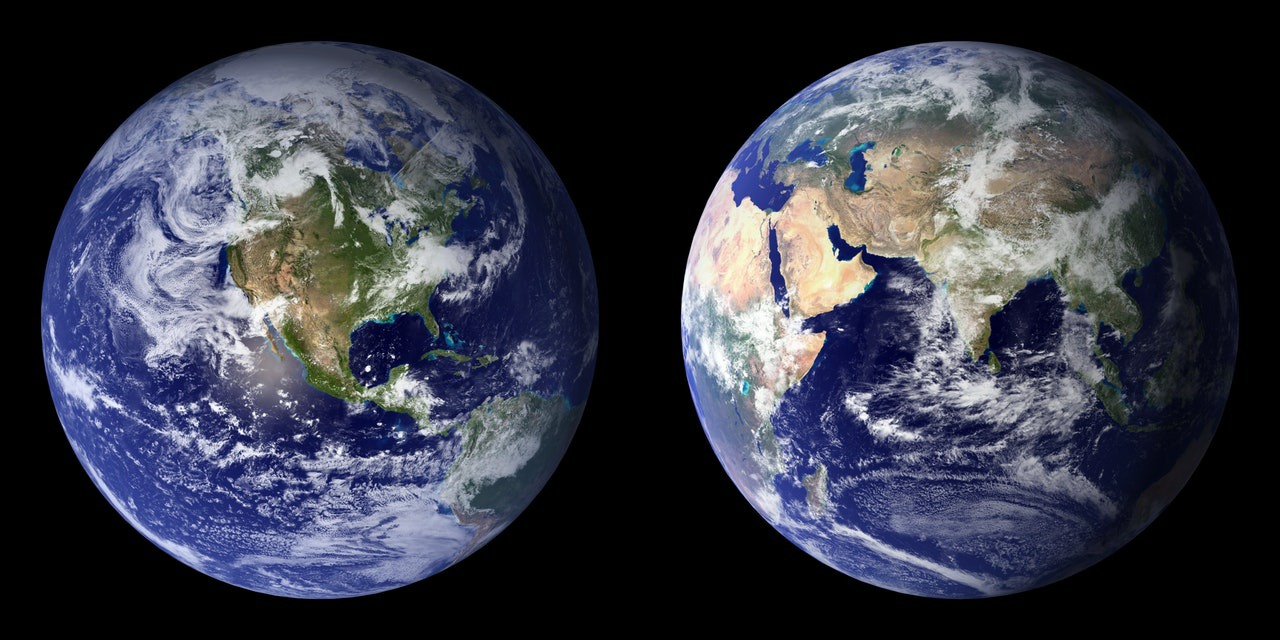Almost without fail, when I am teaching people how to meditate, the first question that I ask of participants wishing to learn meditation is, ‘Do you want to be happy?’ The response is always an unequivocal, ‘Yes’.
I then explain that, ‘wanting to be happy’, is, almost certainly, the only desire that is truly common across every member of the human race. Irrespective of our nationality, racial background, whether we are rich or poor, gay or straight, male or female, good or evil, we all want to be happy.
If every person in the world ultimately wishes to be happy and free from suffering why are so few individuals in the world actually happy and free from suffering?
I then explain the business process of defining an objective, followed by the the setting goals and actions to achieve that objective. This sets the scene for me to ask my next and more difficult question, which is, ‘If your ultimate objective is to be happy, what is your definition of happiness?’
Considering the importance of personal happiness to the human population of the world it’s interesting to note that most people find it difficult to define what their personal happiness looks like. I use the following definition:
Happiness is an inner state of well-being that persists irrespective of what happens to you externally.
The current challenge for most of us is that happiness always seems to be waiting for us at some point in the future rather than right now. For the majority of people happiness also seems to be characterised by events or achievements that are external to us. As human beings we are constantly seeking the perfect partner, the big promotion, the new job, the new qualification, the new house, the new car, etc. in the, very questionable, belief that, once the goal is achieved, it will make us happy. Furthermore, it is becoming increasingly apparent that seeking this external form of happiness is both damaging to ourselves and to the planet.
Most of the human race is seeking happiness externally. Unfortunately, external happiness is rarely carbon neutral. Seeking external happiness is effectively destroying the planet
Through meditation we can learn to seek inner happiness. Realising that we don’t have to travel half-way around the world or buy the latest fashion to be happy is extremely liberating.

As we meditate we start to realise that our psyche is split into a peaceful mind and a fearful mind. The fearful mind continually distracts us – you may notice that your mind is full of hundreds of thoughts and false imperatives that really have very little meaning. Realising that you are constantly being distracted by thoughts that lead you to valueless attachments is highly beneficial to you on your journey to happiness.
The key to saving the human race may well be that we all have to learn to embrace the peaceful part of our minds’ and to focus on seeking, ‘inner’, rather than, ‘external’, happiness. This in turn will help us to care, not only the people that surround us, but also planet Earth and its associated eco-systems.
The question is, ‘Do we love ourselves, our families, our children and the planet that we all live on enough to make the necessary changes in our daily lives?‘
Most people are not aware that they are dominated by a part of themselves that actually wants to do them harm. They frequently let the fearful side of them take control and it immediately separates them from their fellow human beings. This separation leads them to anger, jealousy, attachment to material things, resentment, anxiety and other negative emotions. It is not commonly understood that the more that you love both yourself and those around you the happier you and they become.

By meditating frequently you can become better able to connect with the peaceful and loving part of yourself and, as you do so, you will start to more clearly recognise when the fearful side of your mind, often called the ego, is in control. Being conscious of effectively being two people in one body is helpful because it allows us to identify when the ego is dominant. Rather like the characters Dr Jekyll and Mr Hyde from the fictional novel, by Robert Louis Stevenson, either one or the other is in control.

In contrast to your fearful self, your peaceful self contains the power to create harmony in all relationships and has the kindness to sustain them, whereas your ego will destroy your relationships or at best use them to its own ends. Your peaceful self has a purpose, which is to spread peace and love, whereas your ego is insane, feels constantly under threat and is primarily obsessed with its own survival.
A feature of when your ego is in control is the need to constantly strive for something or someone that will bring you happiness at some point in the future rather than right now. You will know from previous experience that when you finally achieve the goal that you thought would lead to your ultimate happiness you realise that it was short-lived or elusive and that yet another task on the road to happiness has been set for you – there always seems to be one more undertaking to complete before you become truly happy. Seeking this external form of happiness can be both damaging to yourself and, due to its negative impact on climate change, the planet we live on.
“There is alarming evidence that important tipping points, leading to irreversible changes in major ecosystems and the planetary climate system, may already have been reached or passed”.
Ref: United Nations Climate Change – https://www.un.org/en/sections/issues-depth/climate-change/


